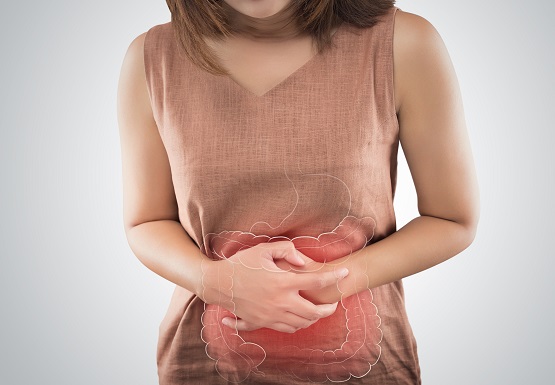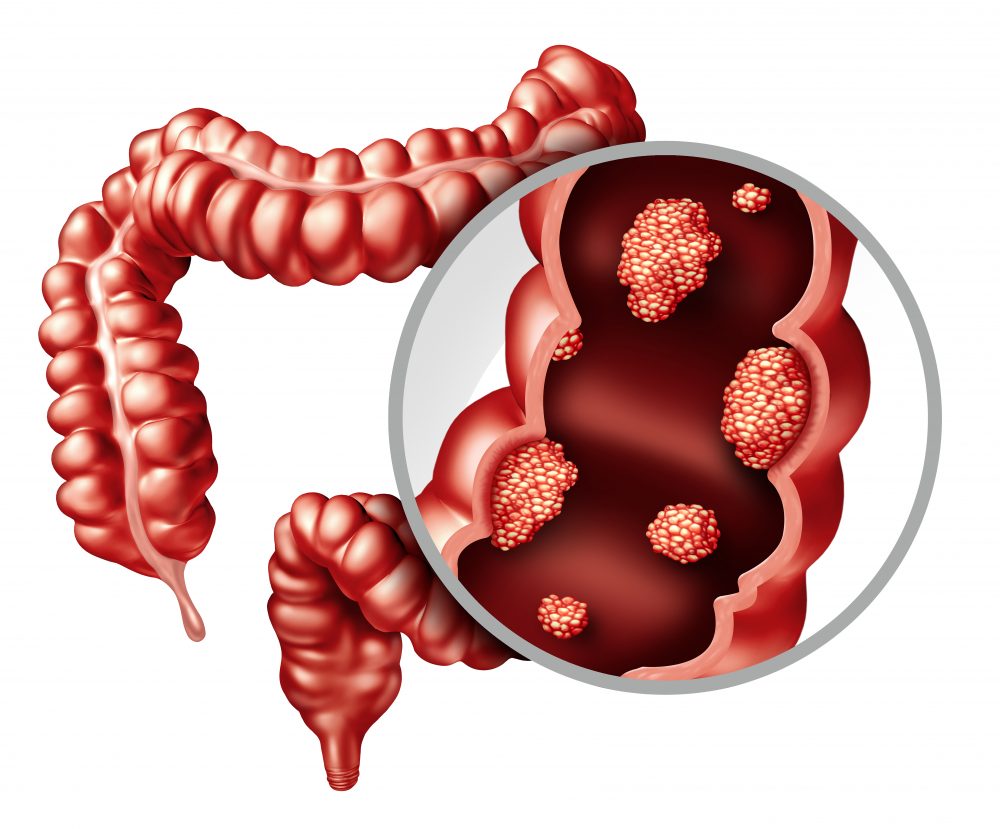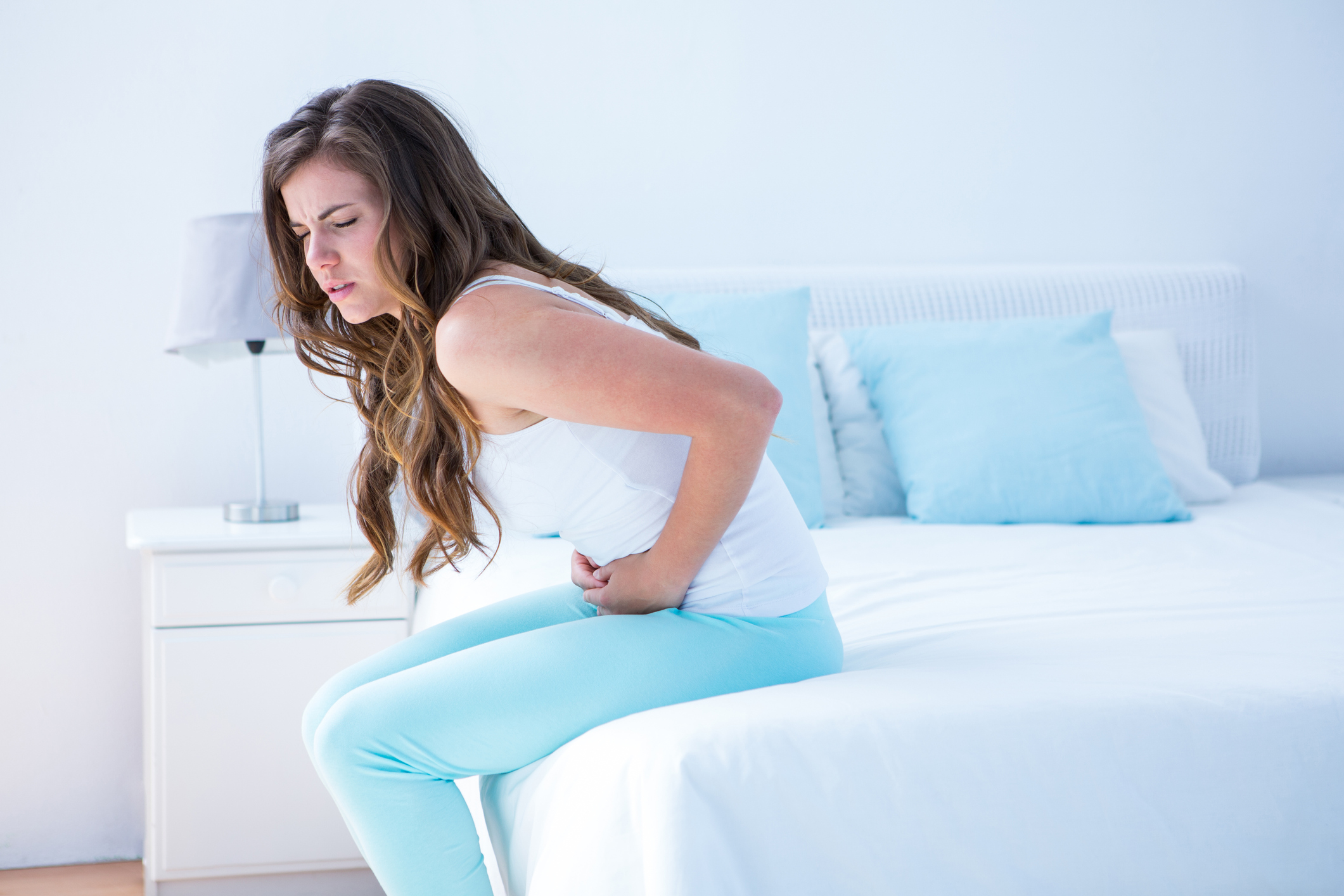Getting to the bottom of Constipation

Constipation affects almost everyone at some point in their lives. Dr Mark Wong, General and Colorectal Surgeon from Colorectal Clinic Associates, explains some of the risks, reasons and remedies.
A SYMPTOM NOT A DISEASE
Dr Wong stresses that constipation is a symptom, not a disease. Though it is generally defined as having fewer than three bowel movements a week, it is important to understand that people ‘go’ at different intervals. According to Dr Wong, healthy bowel movements range from three times a day to once every three days.
“As long as there is no abdominal bloating and pain and there is no urge, then its usually not time,” shared Dr Wong.
However, if constipation persists for more than a week, it warrants investigation. This is especially so if the patient is over 50, the age at which extra vigilance is recommended for signs of colorectal and other cancers.
WHO SUFFERS MOST
In general, constipation affects the elderly more than the young. Not only do most of the diseases linked to constipation occur in later life, but the incidence of poor nutrition and inactivity increases in old age due to a wide range of reasons.
CAUSES AND CONCERNS
In attempting to identify the underlying causes of constipation, your doctor will first exclude possible life-threatening organic conditions such as colorectal cancer. In addition to prolonged constipation, warning signs of colorectal cancer include the passage of blood or mucus during bowel movements, abdominal pain, abdominal lumps and masses, and loss of weight and appetite.
Other possible causes of constipation include metabolic and hormone-related conditions such as thyroid disorders and high calcium levels associated with chronic kidney disease. Medications can also cause constipation. These include pain killers, antidepressants, tranquilisers and other psychiatric medications, blood pressure medication, diuretics, iron supplements, calcium supplements, and aluminum containing antacids, all of which can cause or worsen constipation.
Once these organic causes have been eliminated, functional causes will be considered. These relate to the ‘mechanics’ of bowel movement, and include reduced gut motility, which results in the slow transit of stools, muscle in-coordination and prolapse of the anus or rectum.
Once disease, functional problems and medication have been ruled out, the spotlight will fall on lifestyle – in particular, the usual suspects of poor diet and inactivity. The good news is, these factors are the most likely causes of constipation in the vast majority of sufferers. They are also the easiest to address.
FIBRE, AND THE FLIPSIDE OF THE COIN
It’s a well-known fact that eating a diet rich in fibre is essential to colon health and proper bowel function. The average Singaporean diet includes 12 to 20 grams of fibre per day, which falls short of the recommended 25 to 30 grams of fibre. Eating fibre-rich foods like bran, shredded wheat, wholegrain breads and certain fruits and vegetables can easily bridge the gap.
However, it seems that too much of a good thing can be bad for you. Though it goes against the grain of conventional wisdom, Dr Wong cites a growing local ‘epidemic’ of constipation due to an excessive intake of dietary fibre.
“This has been from my experience of leading a constipation service in a large restructured hospital,” shared Dr Wong. “Dietary fibre is either soluble or insoluble. When taken in excess, it will lead to constipation with typically pellet-like stools (caused by insoluble fibre), as well as excessive bloating and flatulence (caused by soluble fibre).”
HOW TO HELP NATURE ALONG
When constipation occurs, simple lifestyle changes can often remedy the situation. Sometimes, stepping up your exercise routine, drinking more water or eating more fibre-rich foods will do the trick. Probiotics and prebiotics, prunes and prune juice can all get your gut going. Even a cup of coffee can take you to the bowl. The caffeine apparently stimulates the muscles in the digestive system, and trace amounts of soluble fibre help things along, too.
If all else fails, medications such as laxatives can be turned to for short-term relief while dietary misalignments are addressed. Dr Wong cautions against the long-term use of laxatives, and believes that most if not all patients can be weaned off their medications by adjusting their lifestyles, involving a combination of both regular exercise and moderating the intake of all food groups.
For organic causes, effective treatment of the underlying cause should improve or resolve the constipation. For functional causes, many can be rectified with specialised pelvic floor exercises called biofeedback therapy. In the case of rectal prolapse, corrective surgery may be required.
EAT WELL AND END WELL
Dr Wong stresses the critical importance of diet in minimising episodes of constipation.
“Diet is all about eating all food groups in moderation and taking nothing in excess, even vegetables and fruits. One has to consume meats as well as fibre in a balance that is appropriate for oneself. There is no universal dietary formula or template for everyone and it has to be individualised,” said Dr Wong.
The bottom line? Live a balanced life and it should all work out in the end.
Article contributed by Dr Mark Wong, an accredited doctor at Mount Alvernia Hospital.
This article is taken from our My Alvernia Magazine Issue #34. Click here to read the issue on our website or on Magzter.



